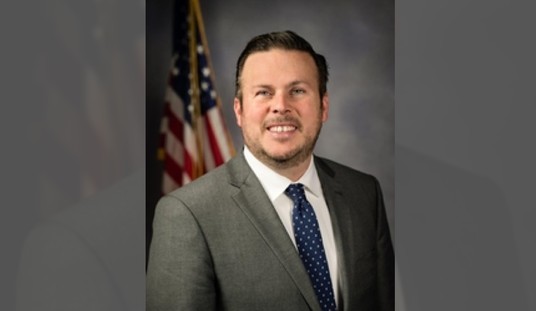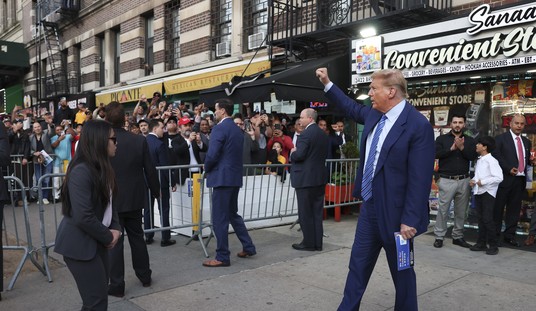In a sixty-four page decision in Mead v. Holder, Judge Gladys Kessler of the U.S. District Court for the District of Washington, D.C. on February 22nd rejected constitutional objections to the mandatory insurance provisions of ObamaCare, holding them valid exercises of power under the Commerce Clause.
Judge Kessler held that a decision not to purchase insurance is “activity” no less than the actual purchase of something. That such a decision does not amount to activity for purposes of the Commerce Clause was the plaintiffs’ principal contention.
Both the decision to purchase health insurance and its flip side–the decision not to purchase health insurance – therefore relate to the consumption of a commodity: a health insurance policy. It therefore follows that both decisions, whether positive or negative, are clearly economic ones.
. . . .
As previous Commerce Clause cases have all involved physical activity, as opposed to mental activity, i.e. decision-making, there is little judicial guidance on whether the latter falls within Congress’s power. . . . However, this Court finds the distinction, which Plaintiffs rely on heavily, to be of little significance. It is pure semantics to argue that an individual who makes a choice to forgo health insurance is not “acting,” especially given the serious economic and health-related consequences to every individual of that choice. Making a choice is an affirmative action, whether one decides to do something or not do something. They are two sides of the same coin. To pretend otherwise is to ignore reality.
Her reasoning was essentially that regardless of present decisions about the purchase of insurance, we don’t know and have little if any control over whether we will eventually need medical care; if we need but don’t pay for it, the federal government requires that others pay for it for us. A decision not to purchase health insurance “is not simply a decision whether to consume a particular good or service, but ultimately a decision as to how health care services are to be paid and who pays for them.” She also reasoned that in view of ObamaCare’s prohibition against excluding preexisting conditions from coverage, people might wait until they are really sick to obtain coverage, thereby increasing coverage costs for all. “Thus, without § 1501’s individual mandate, the ACA’s efforts to end discrimination in insurance on the basis of pre-existing conditions would be financially untenable.”
There is no discussion in the decision about the folks who simply plod along in blissful contentment, making no decisions at all about health insurance; it would be interesting to see a case brought by someone (and there are probably more than a few) like that. Are such non-decisions the equivalent of decisions and therefore of activity?
Finally, she rejected the claim that the plaintiffs, who believe that acceptance of medical care violates their religious beliefs, must be exempt. She found that “(1) § 1501 does not place a substantial burden on the exercise of Plaintiffs’ Christian faith, and (2), even assuming that it does, it is the least restrictive means of serving a compelling governmental interest.”
As Judge Kessler acknowledged, all previous Commerce Clause cases involved physical rather than mental activity (decision-making) so there is little (?) judicial guidance on whether controlling mental activity falls within Congress’s power.
The decision of Judge Vinson holding the mandatory insurance provisions unconstitutional since no cognizable activity is involved in deciding not to purchase insurance makes a lot more sense to me. Next step? Very likely the Court of Appeals for the D.C. Circuit.








Join the conversation as a VIP Member